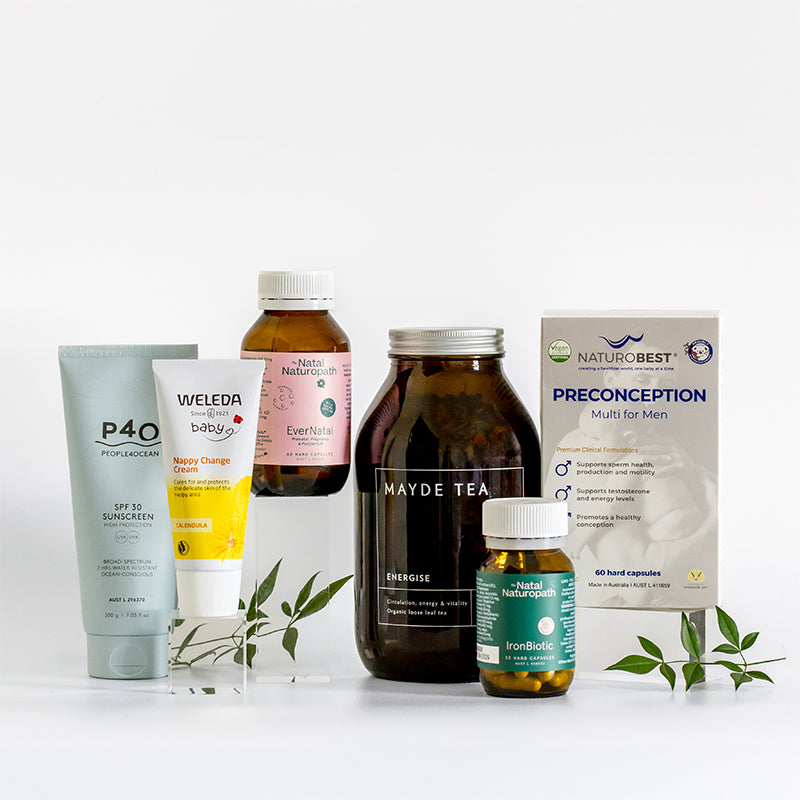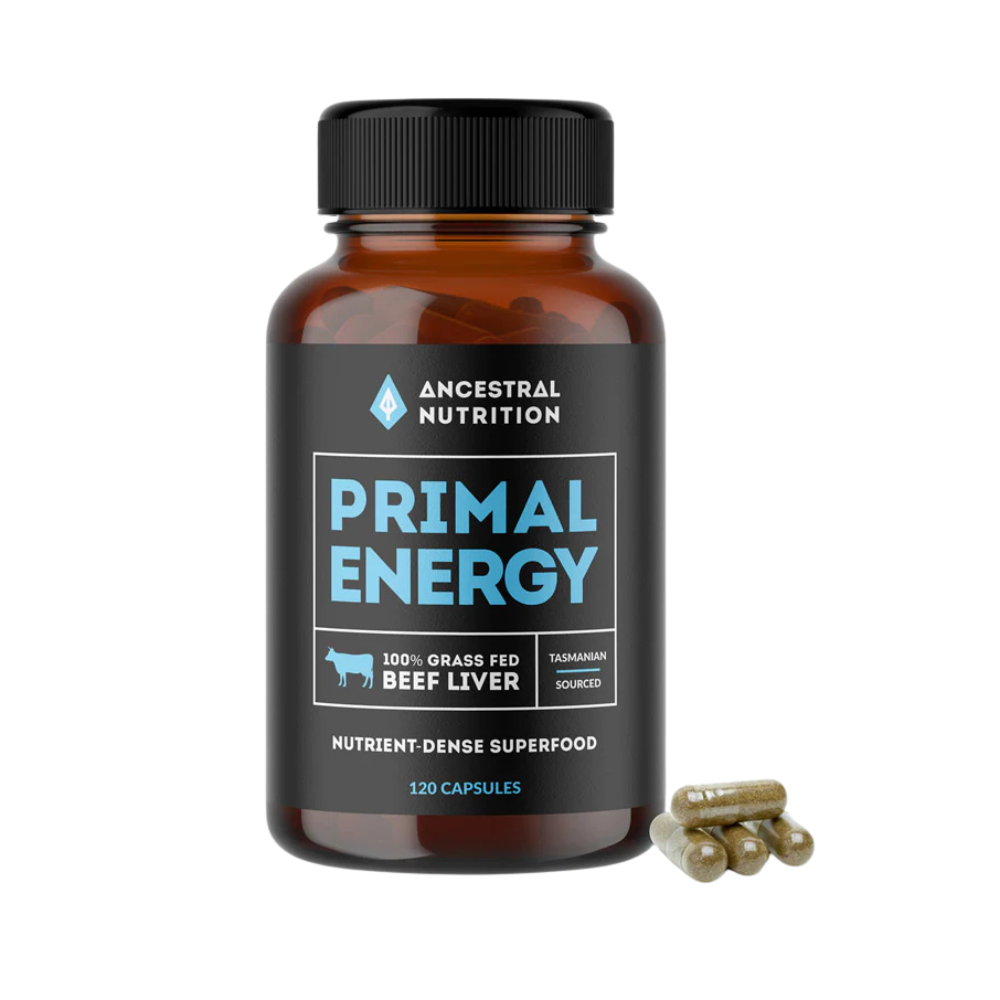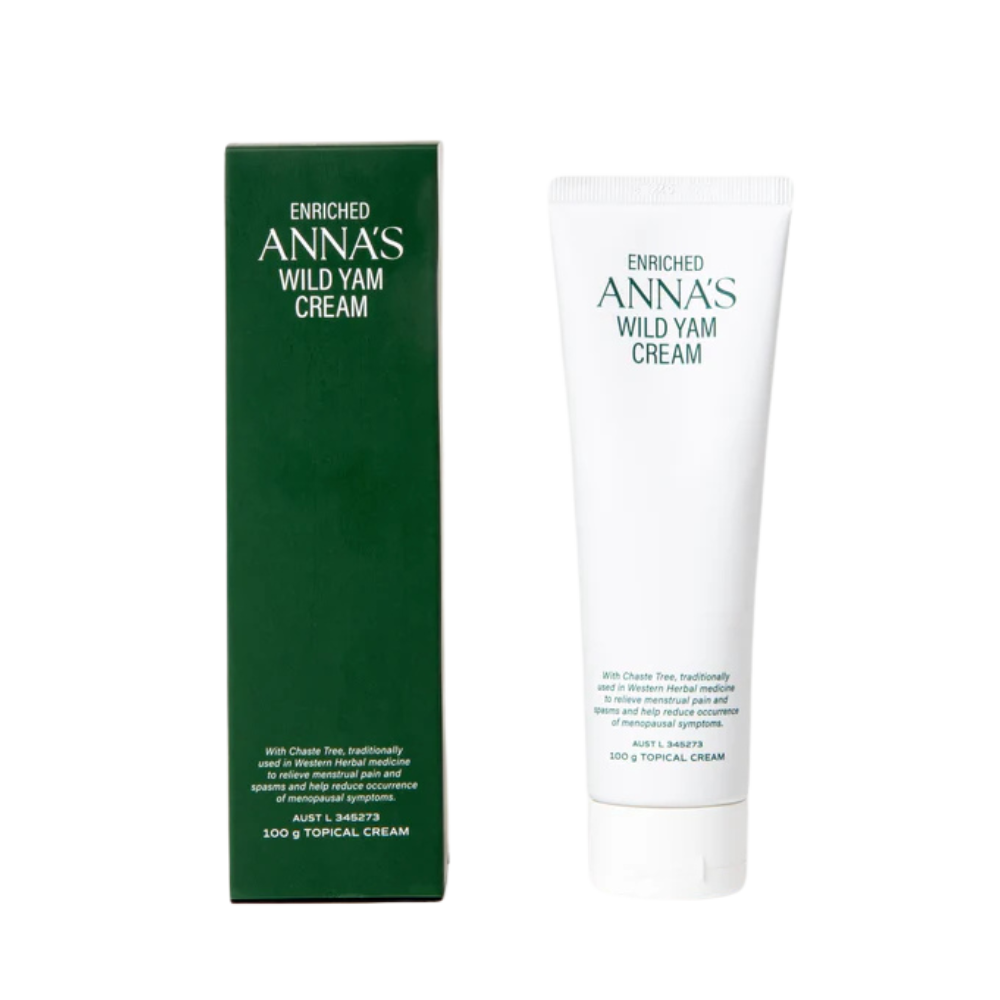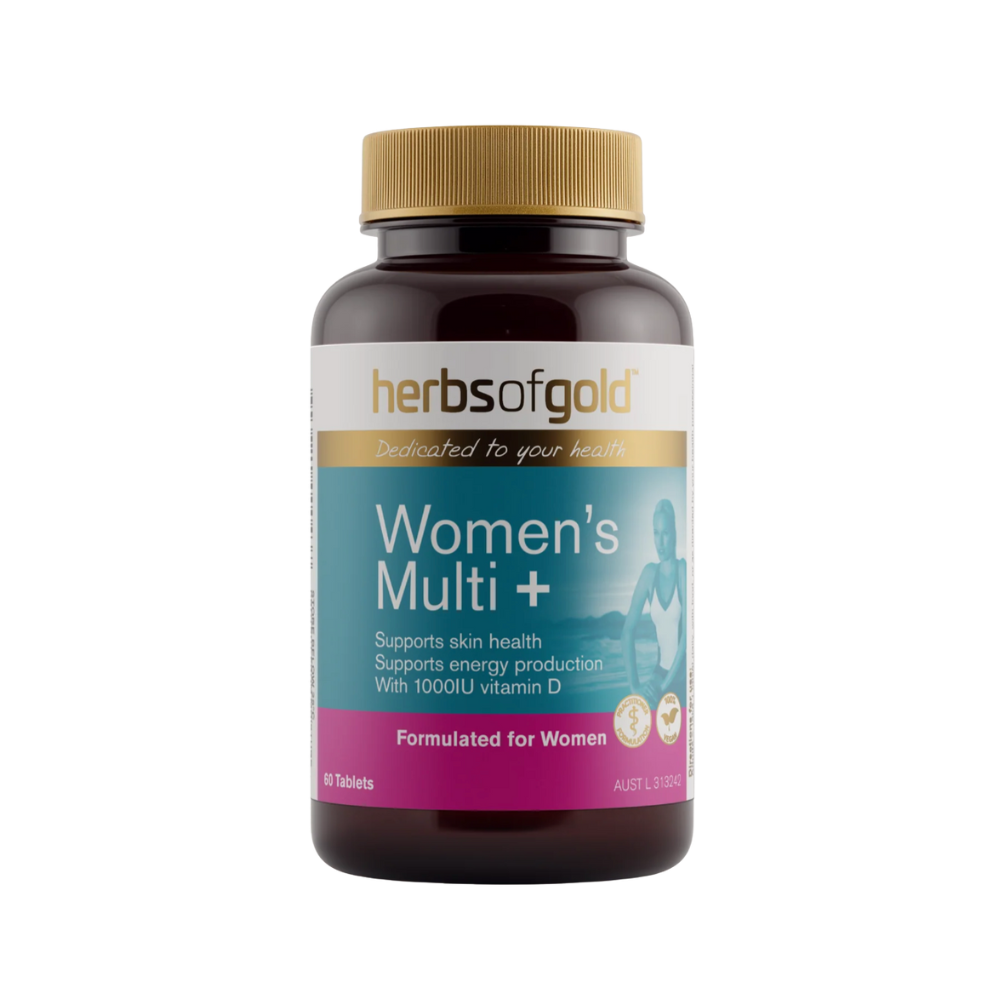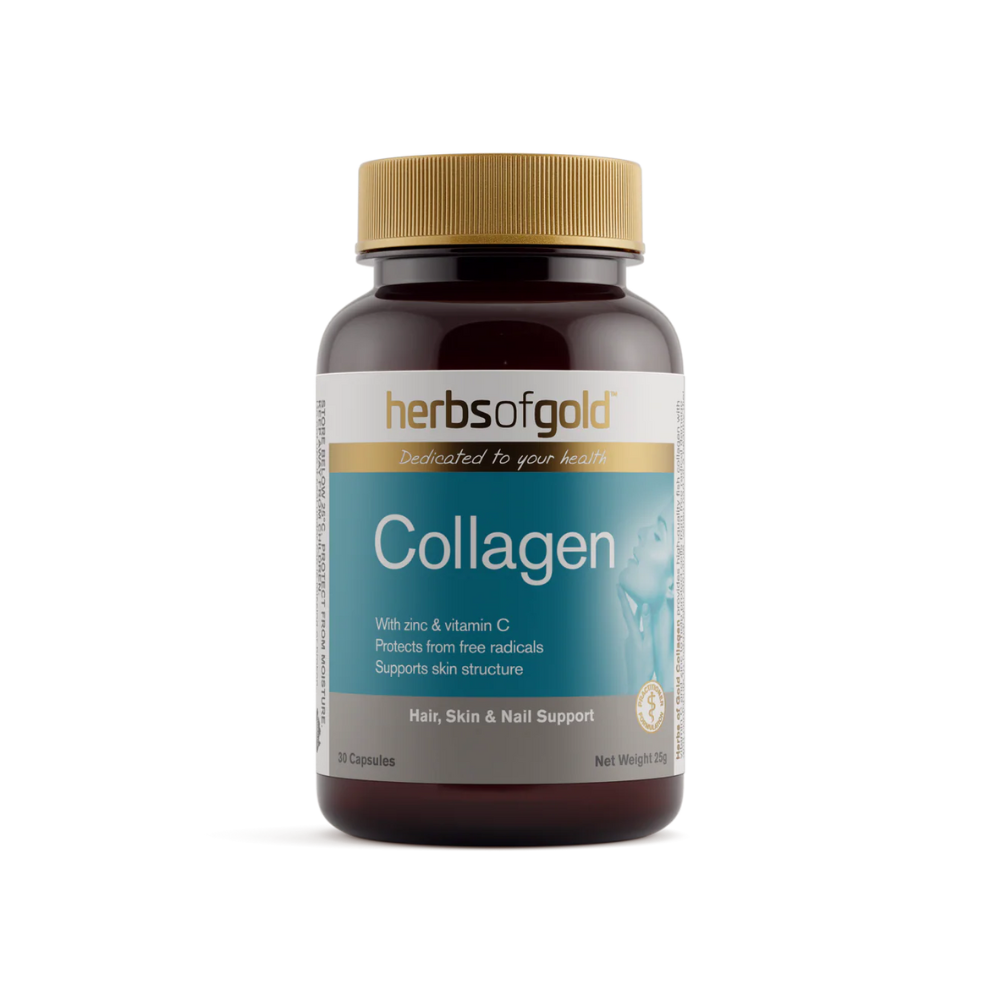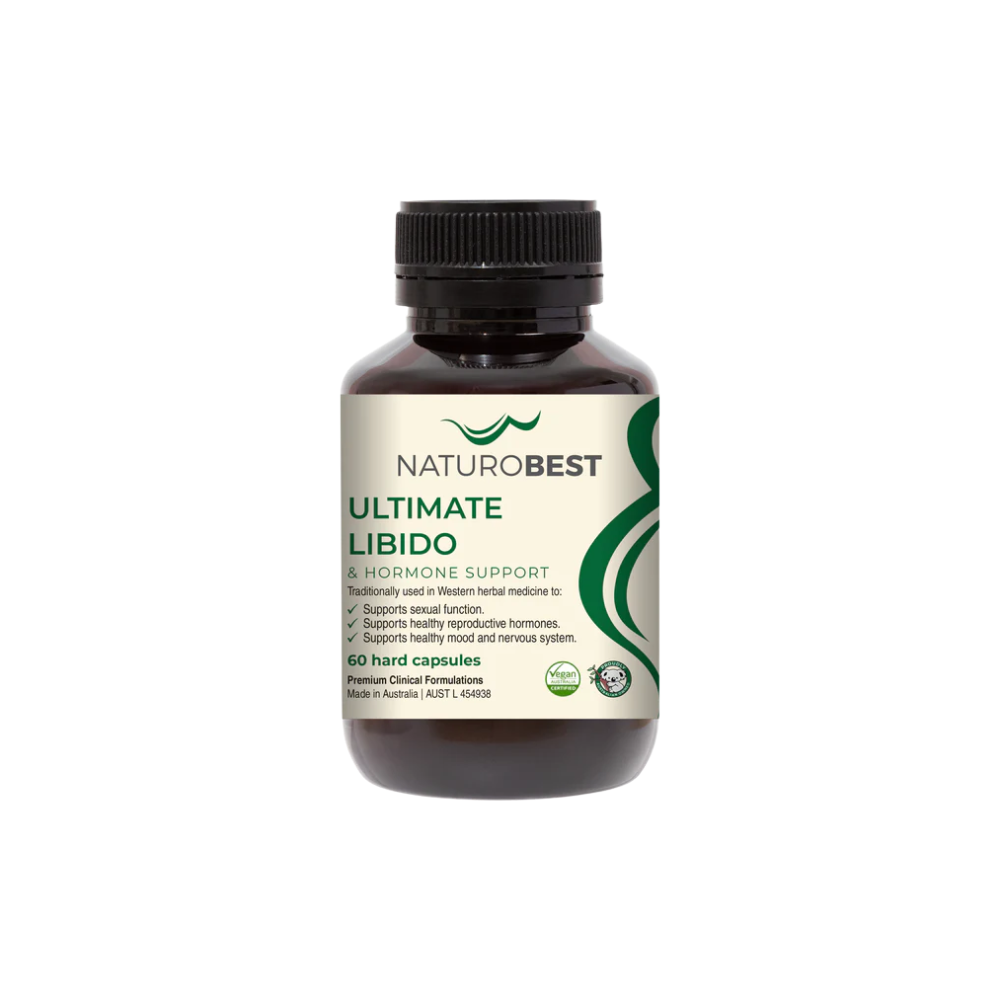As the days lengthen and the temperature rises, social calendars suddenly fill with end-of-year celebrations, Christmas parties, beach barbecues, and long evenings that stretch well past your usual bedtime. It's the season of saying yes; to one more drink, one more conversation, one more late night under the stars.
While these moments of connection and celebration are precious, you might notice that your body starts sending you signals. That second week of late nights leaves you feeling more than just tired. Your skin might be breaking out, your period might arrive early or late, or you might find yourself unexpectedly emotional. You're not imagining it. Your hormones are responding to the disruption of your usual rhythms, and they're trying to tell you something important.
At Nourishing Apothecary, we understand the pull between enjoying life's celebrations and honouring your body's needs. Let's explore what's really happening to your hormones when those late nights add up, and how you can navigate the summer social season without compromising your wellbeing.
Your body's internal clock and the hormone cascade
Your body runs on an intricate 24-hour cycle called your circadian rhythm. This internal clock orchestrates the rise and fall of nearly every hormone in your body. When you consistently stay up late, you're disrupting a carefully choreographed hormonal dance that affects everything from your metabolism to your mood.
Cortisol, your stress hormone, should peak around 8am and gradually decline through the evening, reaching its lowest point around midnight when melatonin takes over. Late nights throw this pattern into chaos. After several nights of disruption, your cortisol rhythm can become inverted, so you're exhausted in the morning but wide awake at night. This affects your blood sugar regulation, stress response, immune function, and even how your body stores fat.
Melatonin production is exquisitely sensitive to light, particularly from screens and bright social venues. When you're out late in brightly lit environments, your melatonin is suppressed, compromising sleep quality and reducing the deep, restorative sleep your body needs for hormone regulation.

The ripple effect on your sex hormones
When cortisol is chronically elevated from poor sleep, your body prioritises stress management over reproduction. Your menstrual cycle can become irregular, PMS symptoms may intensify, and periods can become heavier or more painful. Spotting between periods and longer cycles are also common signs your hormones are struggling.
If you're approaching perimenopause, adding sleep disruption amplifies symptoms dramatically. Hot flushes worsen with poor sleep (creating a vicious cycle), mood changes become more pronounced, and sleep quality deteriorates further as oestrogen levels fluctuate.
Beyond the hormones
Late nights create a wave of negative effects throughout your body. Your digestive system has its own circadian rhythm, and eating late disrupts gut bacteria balance and increases intestinal permeability. Since your hormones are metabolised in your gut, this digestive disruption compounds the hormonal effects of poor sleep.
Your skin shows the strain too. During deep sleep, your body produces growth hormones for skin repair and collagen production. Less deep sleep means less repair, while elevated cortisol increases inflammation and sebum production, triggering breakouts.
Sleep deprivation also affects leptin and ghrelin, the hormones that regulate hunger and fullness. Those increased cravings for sugary foods aren't a lack of willpower. Your body is genuinely seeking quick energy. Disrupted sleep impairs insulin sensitivity, creating a blood sugar rollercoaster that further disrupts your cortisol patterns.
Navigating the season without sacrificing your health
We’re absolutely not saying you must become a hermit until February. Social connection matters, and these celebrations have value. The key is finding ways to participate without leaving your hormones in chaos.
Choose intentionally: You don't have to attend every event. Before saying yes, ask yourself: Is this gathering truly important to me? Attending three meaningful events fully present is better for your relationships and health than dragging yourself to six events while exhausted.
Create your own rhythm: Just because an event goes late doesn't mean you need to stay until the end. Arriving early and leaving by 10pm allows you to participate while honouring your body's needs. If you're hosting, consider afternoon gatherings instead of late-night parties.
Support your body strategically: When late nights are unavoidable, eat a protein-rich meal beforehand to stabilise blood sugar, stay well-hydrated, and take adaptogenic herbs that support your stress response. During events, alternate alcoholic drinks with water and set a departure time in advance. Afterwards, avoid phone screens, have a wind-down routine ready, and sleep in a completely dark room.
Allow recovery: Rather than pushing through the next day on coffee, give yourself a gentle recovery day with light movement, nourishing meals, and time outdoors in natural light to reset your circadian rhythm.
Herbal and nutritional support
Certain herbs can buffer the hormonal impact of disrupted sleep. Withania (or Ashwagandha) helps regulate your cortisol response, while passionflower and lemon balm calm your nervous system. Magnesium, depleted by stress and alcohol, supports both sleep quality and hormonal balance.
Your nutritional needs increase during busy social periods. B vitamins are depleted by alcohol and poor sleep so top up where you can; take vitamin C for adrenal support, up your omega-3 fatty acids intake to reduce inflammation, and eat adequate protein at each meal to help stabilise your hormones and blood sugar.
When to seek support
If even modest late nights cause significant hormonal disruption, severe PMS, irregular cycles, persistent fatigue, or worsening anxiety, your hormonal resilience may already be compromised. This is particularly common if you've been running on stress, navigating fertility challenges, or are in perimenopause.
At Nourishing Apothecary, we can help you understand what's happening in your body and create a plan to restore hormonal balance. Through comprehensive hormone testing, personalised herbal medicine, and nutritional support, we'll work with you to build resilience so your body can better handle the occasional late night.

Finding your balance
The summer social season is a time for celebration, connection, and joy. We're not suggesting you hide away to protect your hormones. When you understand what's happening in your body during periods of disrupted sleep, you can make informed choices about when to push through and when to prioritise rest.
If you're struggling to balance your social life with your hormonal health, or if you've noticed concerning changes in your cycle, energy, or mood during busy periods, we're here to help. Book a discovery call with our team to discuss how we can support your hormonal balance through all of life's seasons.


